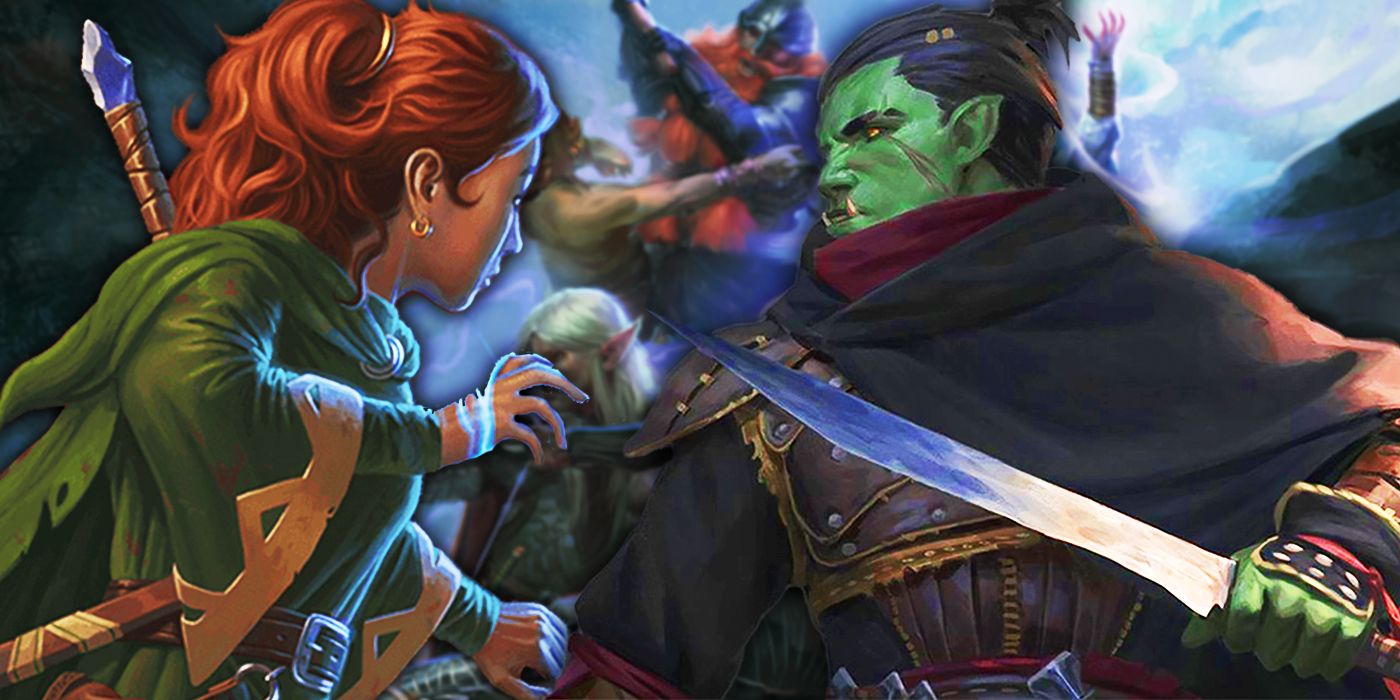
A Dungeons & Dragons party hardly seems complete without a Rogue. With their sticky fingers and calculating minds, it's often the Rogue who opens locked passageways for their companions, detects and disarms traps, locates hidden gems the rest of the party might have overlooked and sees the hidden truths of the world around them. While other classes hone their athletic abilities to smash enemies with blunt force, Rogues hone their fighting skills to make calculated, precise strikes that often deal as much, if not more, damage as the fighters they travel with.
Many Rogues share similarities in personality and motivation, but no two are exactly the same. Some are outright thieves, while others are criminal masterminds. There are also Rogues who rely on magic to aid them in their craft, and others still who share a connection with death itself that makes them valuable spies and infiltrators. When crafting a Rogue, it's important to carefully examine all of the archetypes to determine the most suitable one for your character.
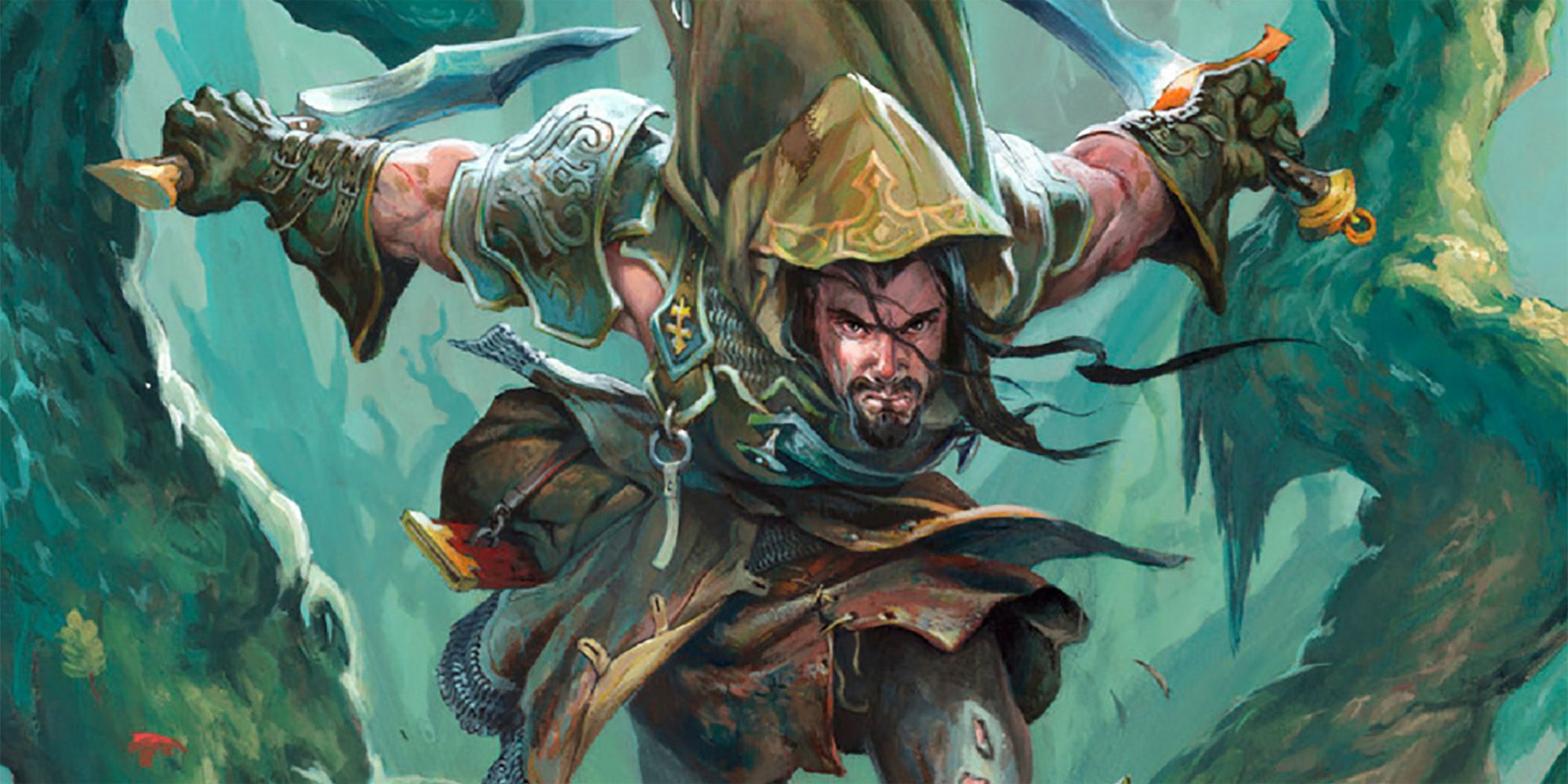
Rogues who take the Scout archetype at level three are masters of stealth and navigation. Whether they grew up on the streets and back alleyways of a bustling city or survived on the outskirts of civilization, scouts have the ability to make themselves unseen as they move ahead of the party to scope out what lies ahead. They are often valuable assets to war bands moving across the land, as they slip through places unseen and unheard to gather information and secrets to report back to their leaders.
Scouts easily play the role of spy or bounty hunter, and often find themselves leading stealthy ambushes designed to catch foes off guard. The skills offered to scouts include proficiency in nature and survival and increased movement speeds that aid them in getting in and out of places quicker than others. They also get advantage on initiative roles as they level up, which potentially puts them first in line when a battle starts.
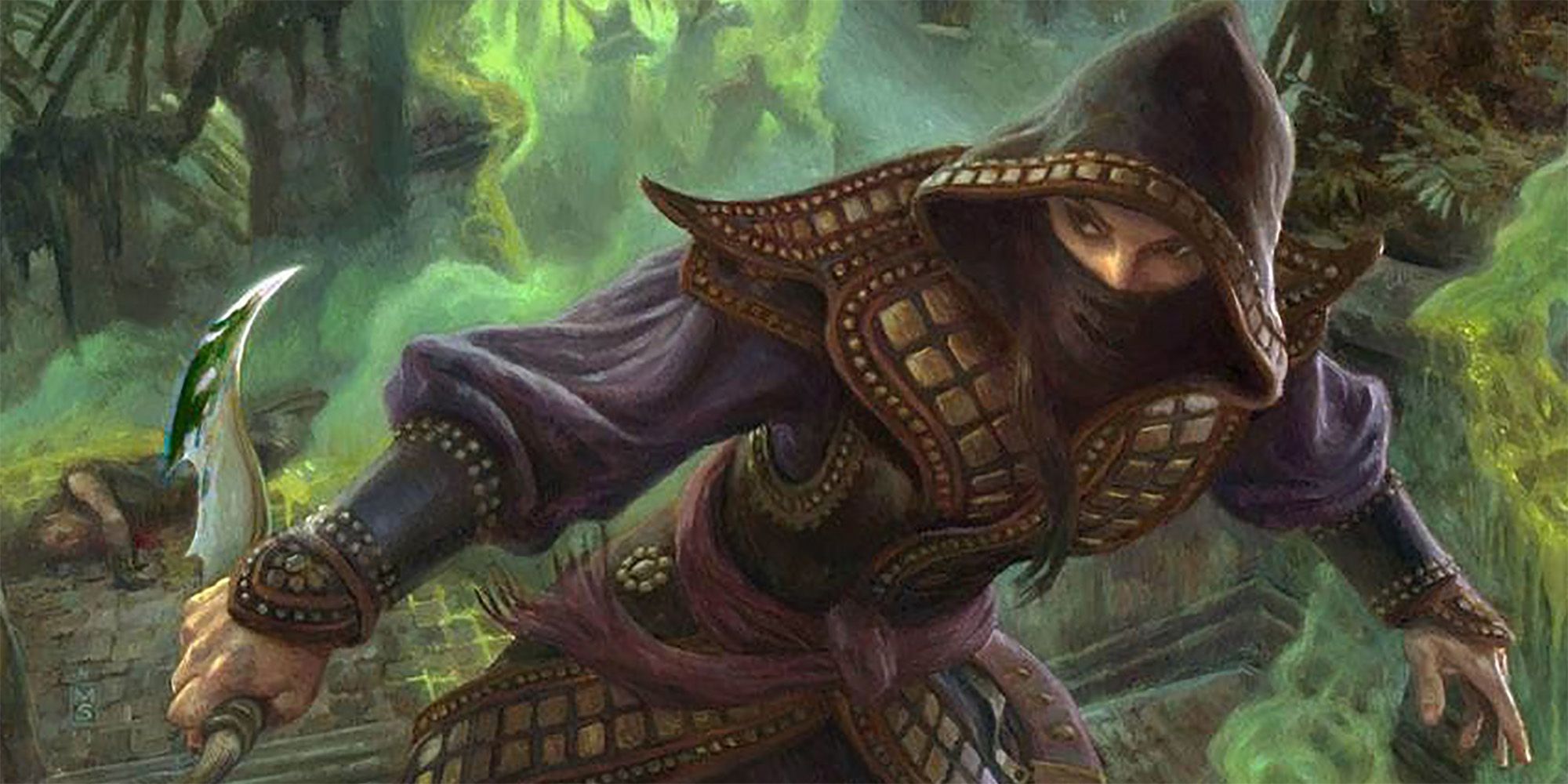
Inquisitive Rogues have keen minds for lore and secrets that allow them to put their finger on the pulse of the world around them and discover hidden details others might overlook. They have a keen eye for details and abilities that allow them to examine the words and actions of others to determine their intent. Inquisitives are the perfect addition to a party who may be negotiating with unknown organizations, politicians, royals, clergy and cultists because they see through the lies and deception to the root of another's motivations.
The ability to seek out that which is hidden also makes them the perfect ally for exposing wolves in sheep's clothing. As the Inquisitive levels up, their senses and abilities improve, as they receive bonuses to Insight and Investigation checks. They also learn how to study their opponents and expose hidden weaknesses that make defeating them that much easier.
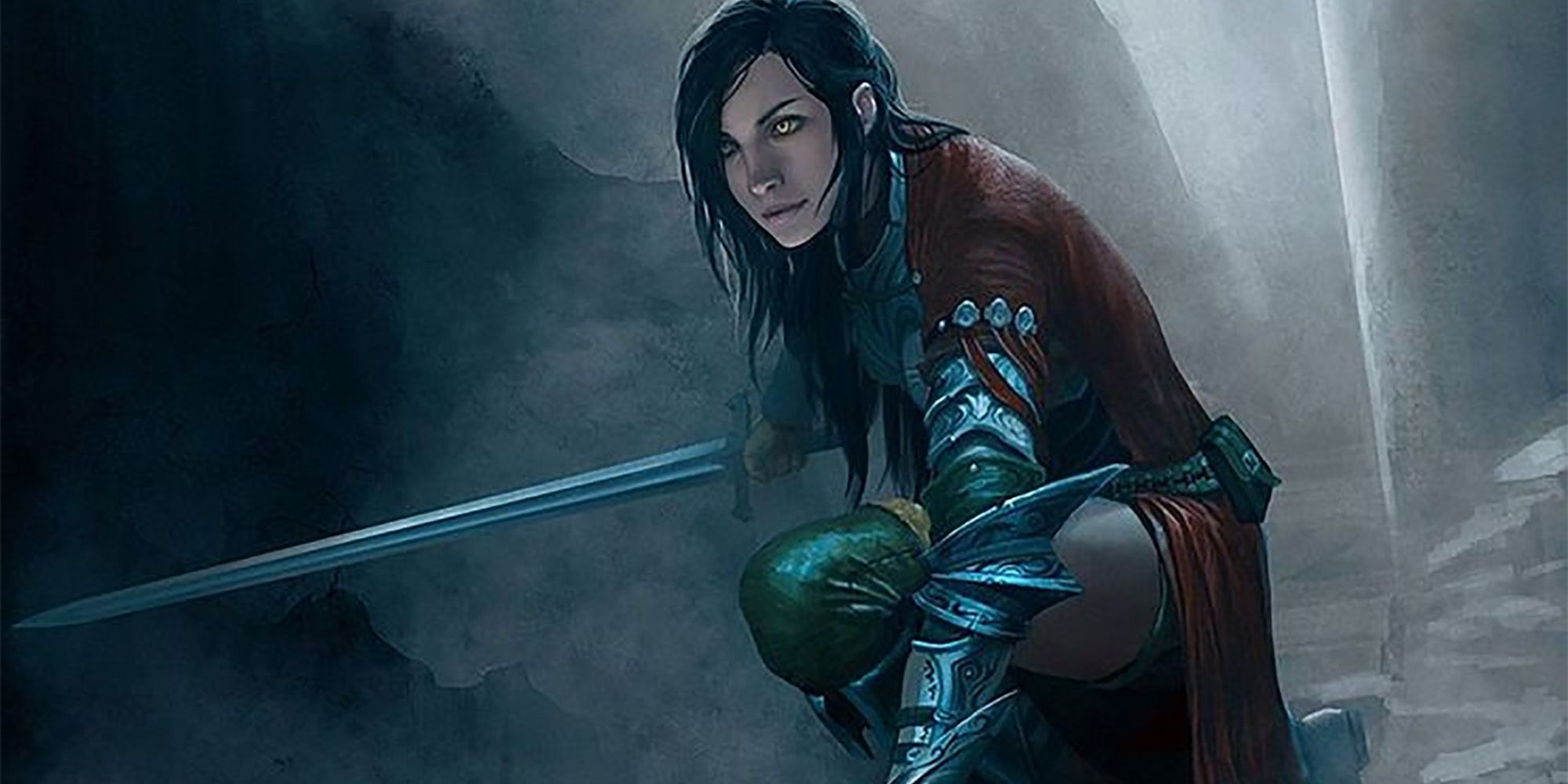
When people think of Rogues, this is usually archetype that first comes to mind. Masters of burglary, larceny and banditry, thieves have no qualms cutting purse strings or dipping their hands into other's pockets to take whatever they want. Ownership, in the mind of a thief, is possession, and once they take something into their possession, it is theirs to do with what they will. They consider themselves to be professional treasure seekers, always on the pursuit of the next big score -- and the skills they specialize in all but guarantee a payday of some kind wherever they might go.
The Thief archetype grants these Rogues bonuses when making sleight of hand checks to pick pockets, disarm traps and spring open locks. Climbing becomes easy for them because, in their line of work, they're often prompted to infiltrate through second story openings. These Rogues also gain supreme stealth tactics, allowing them to sneak into places undetected or surprise their enemies with calculated first strikes. In time, they even gain mastery over magical items, ignoring class, race and level restrictions to use them in ways others couldn't even dream.

Pirates, brigands and duelists often fall under the Swashbuckler archetype, and they focus their skills on the art of the sword. Their methods are fluid and swift, and the fancy footwork they achieve makes their attacks appear almost effortless, like an intricate and mesmerizing dance. They have the ability to dual-wield swords, sweeping in with a flourish of carefully placed attacks before darting effortlessly away to safety without provoking opportunity attacks.
Swashbucklers tend to be very charismatic, like The Three Musketeers, taunting and pushing hostile creatures into disadvantages on their attack roles against any target who isn't the Swashbuckler. Non-hostile creatures become charmed for up to a minute, regarding the Swashbuckler as a friend and ally until it is provoked or attacked.
These Rogues' swift and agile movements only improve as they level up, and so does their swordsmanship. By the time a swashbuckler reaches level 17, they are so skilled with the blades they use that they can actually re-roll a missed attack roll (at disadvantage) and attempt to land the blow again.
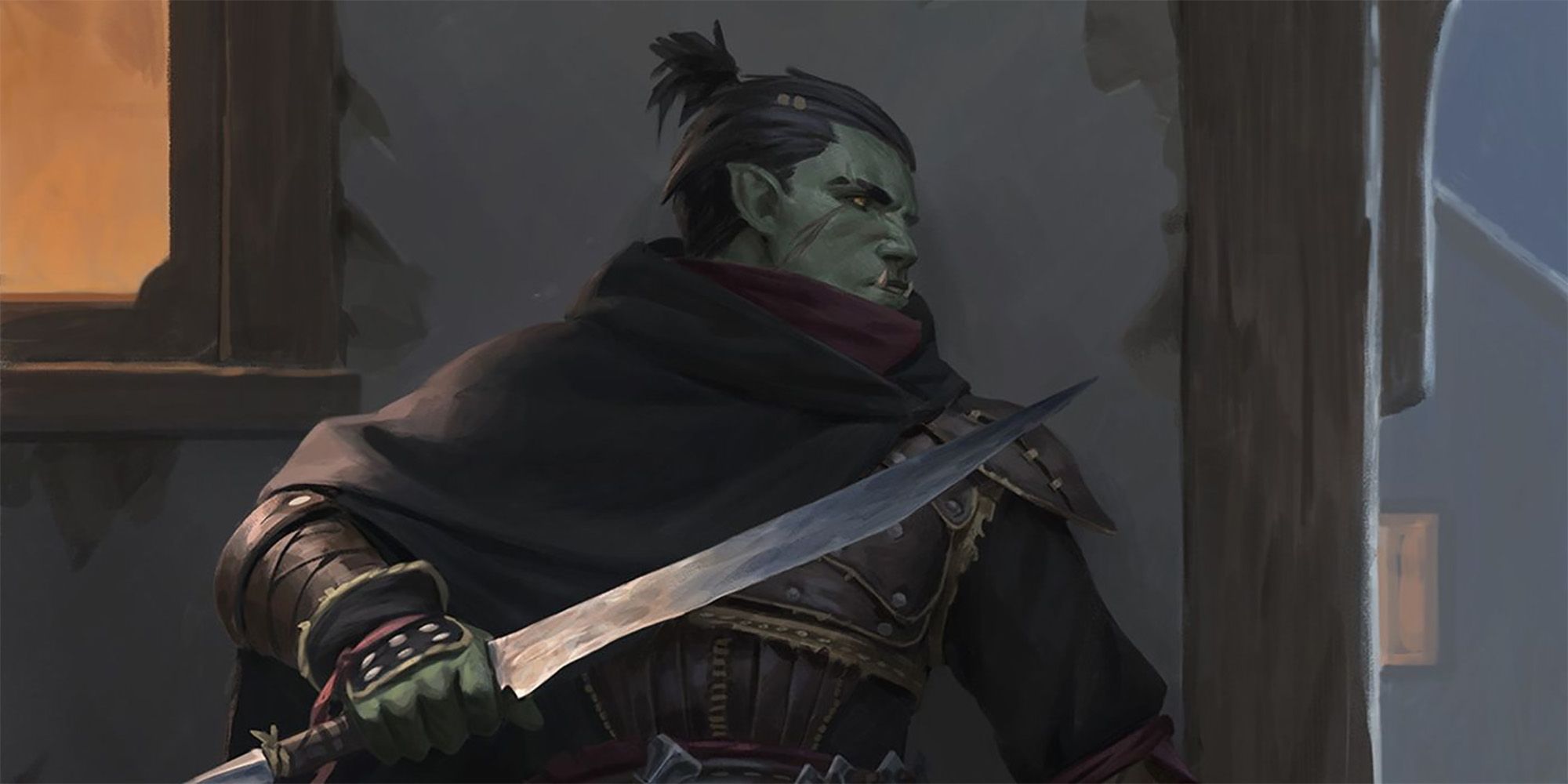
Those who choose the Mastermind archetype make it their business to artfully unearth the secrets of others and manipulate them to their own gains. Spies, courtiers and schemers fall into this category, and the lives they lead are as intriguing as they are dangerous. They know exactly what to say and do in nearly every situation, and the words they speak are often just as dangerous as the blades and poisons they employ for a carefully calculated kill.
Not only do Masterminds have fluency in other languages, they are also able to mimic the speech patterns and accents of anyone they've heard speaking for at least a minute. They're masters of disguise and forgery who can change their appearance and personality to suit nearly any situation they find themselves in.
Masterminds can also redirect threats meant for them, inflicting them on a nearby creature instead. As they grow more powerful, they even learn how to guard their own minds from infiltration through means of telepathy or other methods. They can even hide their deception skillfully, duking out of spells like Circle of Truth to present themselves as honest and truthful -- even when they aren't.
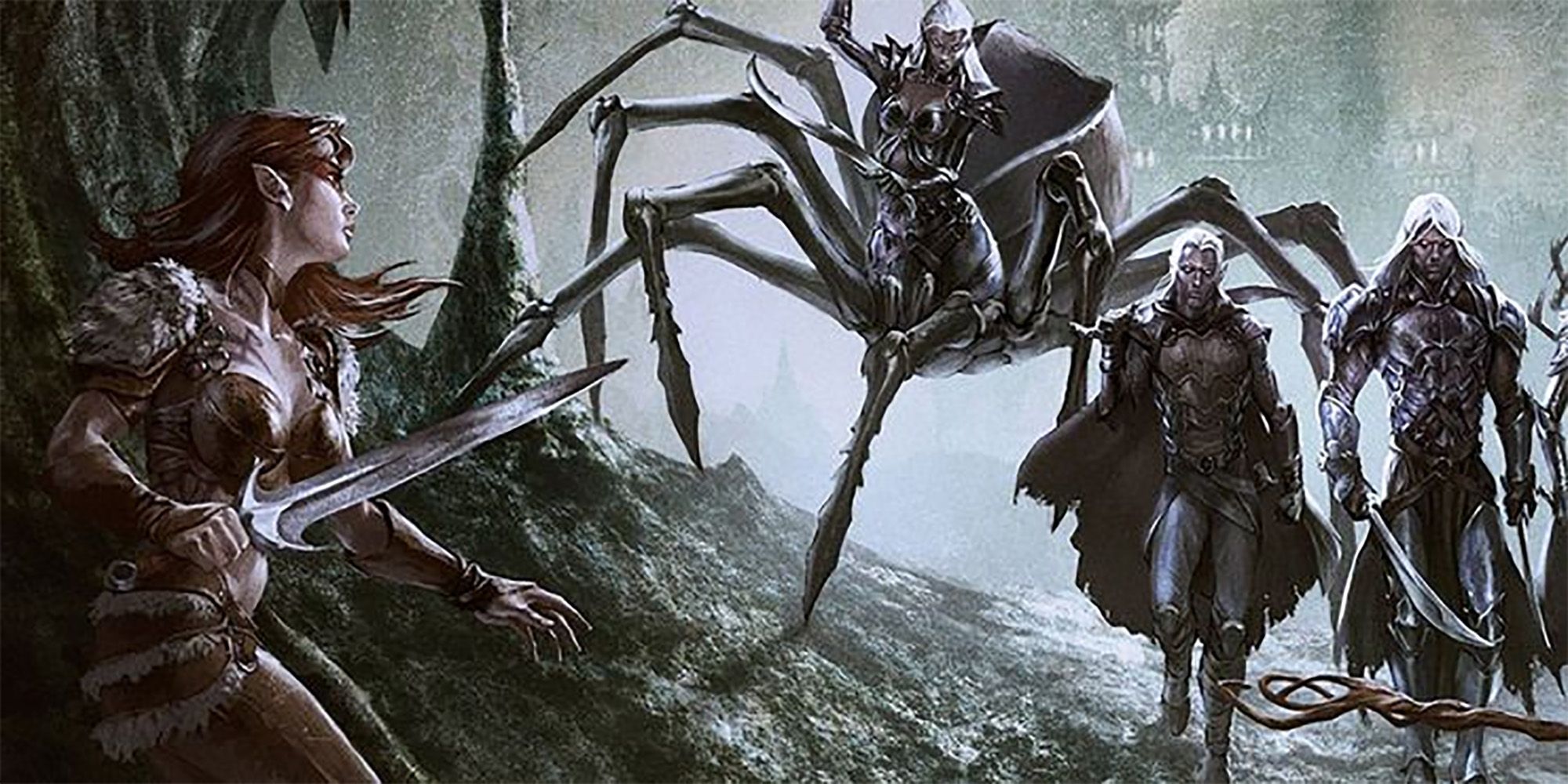
Spies, bounty hunters and murderers for hire, the Assassin archetype is as mysterious as it can be terrifying. It grants Rogues the ability to strike fast, unseen and hard from the shadows, dealing instant death in some cases. They rely on stealth, deception and poison to take out foes in ways they rarely see coming. They are master infiltrators and imposters, studying the art of deception so well they can integrate themselves into a place without anyone even knowing who they are or where they came from.
Proficient with disguises and poisons, they move through crowds unidentified, making it easy for them to get the drop on an enemy who didn't even know they were there. They have unique abilities, like Assassinate, which grants them advantage on attack rolls against creatures who haven't taken a turn yet in a combat round, or an instant critical hit when a creature is surprised. Combined with sneak attack damage, a surprise hit could potentially be powerful enough to take an enemy out before the battle even starts.
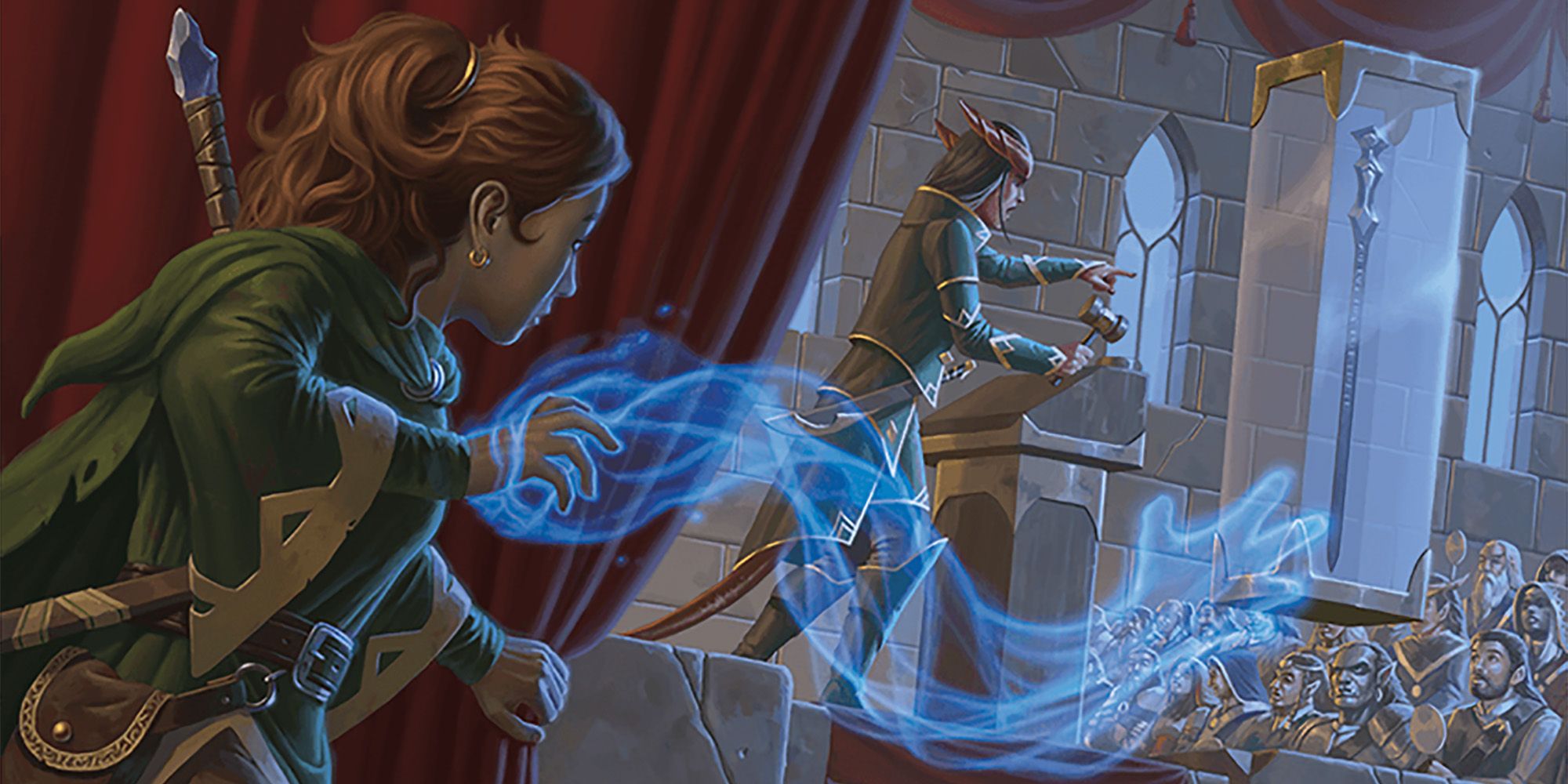
Some Rogues discover early on that magic is as useful a tool for their trade as lockpicks, poisons and blades. Not only does it provide them with the skills they need to bolster their physical skills, but it grants them abilities with magical enchantments and illusions. Arcane Tricksters are often pranksters at heart, taking a certain amount of satisfaction from the results of the mischief they make all around them. The fact that they take pleasure from their antics, however, doesn't make them any less dangerous when encountered.
Starting at level three, this Roguish archetype gains the ability to cast three cantrips. This includes Mage Hand, which allows them to reach out and grab small objects from a significant distance, ensuring they don't actually put themselves in harm's way. These Rogues can actually make their Mage Hand invisible, using it to reach out and grab something unseen.
As they level up, Arcane Tricksters can choose from a number of different Wizard spells, eventually learning spells from other classes as well. In time, the Arcane Trickster can even learn how to steal magical knowledge from an enemy caster and cast it right back at them. When successful with this endeavor, they can cast the spell using their spell slots, and the original caster can't cast the spell for eight hours.
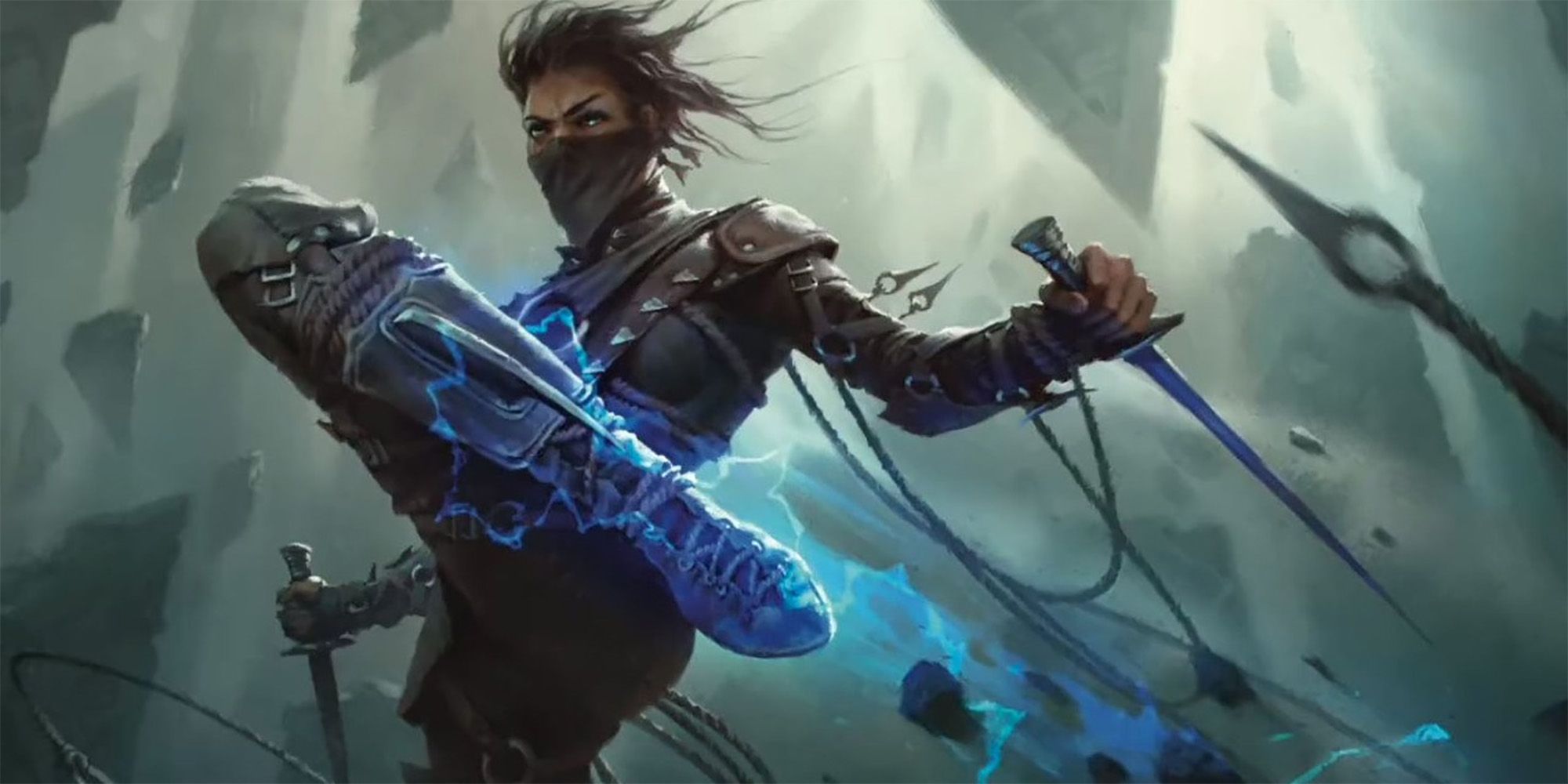
The prospect of a Rogue infiltrating one's defenses is terrifying for targets, but the Soulknife archetype takes infiltration to a whole new and horrifying level. The Soulknife carves through enemy defenses (both physically and psychically), drawing on psionics and channeling it to carry out their work.
Those who walk the path of the Soulknife often discovered their unique abilities as children, the strange and mysterious power haunting them until they sought refuge and knowledge to understand what was happening inside them. Mastering their skills takes time and dedication, not unlike the training of a Monk, and expending psionic power relies on the use of Psionic Energy dice.
Soulknives can summon psionic blades, use their psionic abilities to succeed when their physical capabilities fail and telepathically infiltrate the mind of those they need to glean information from. In time, they can even mask themselves to hide in a veil of psionic energy, or break the minds of their foes, leaving them stunned for up to a minute.
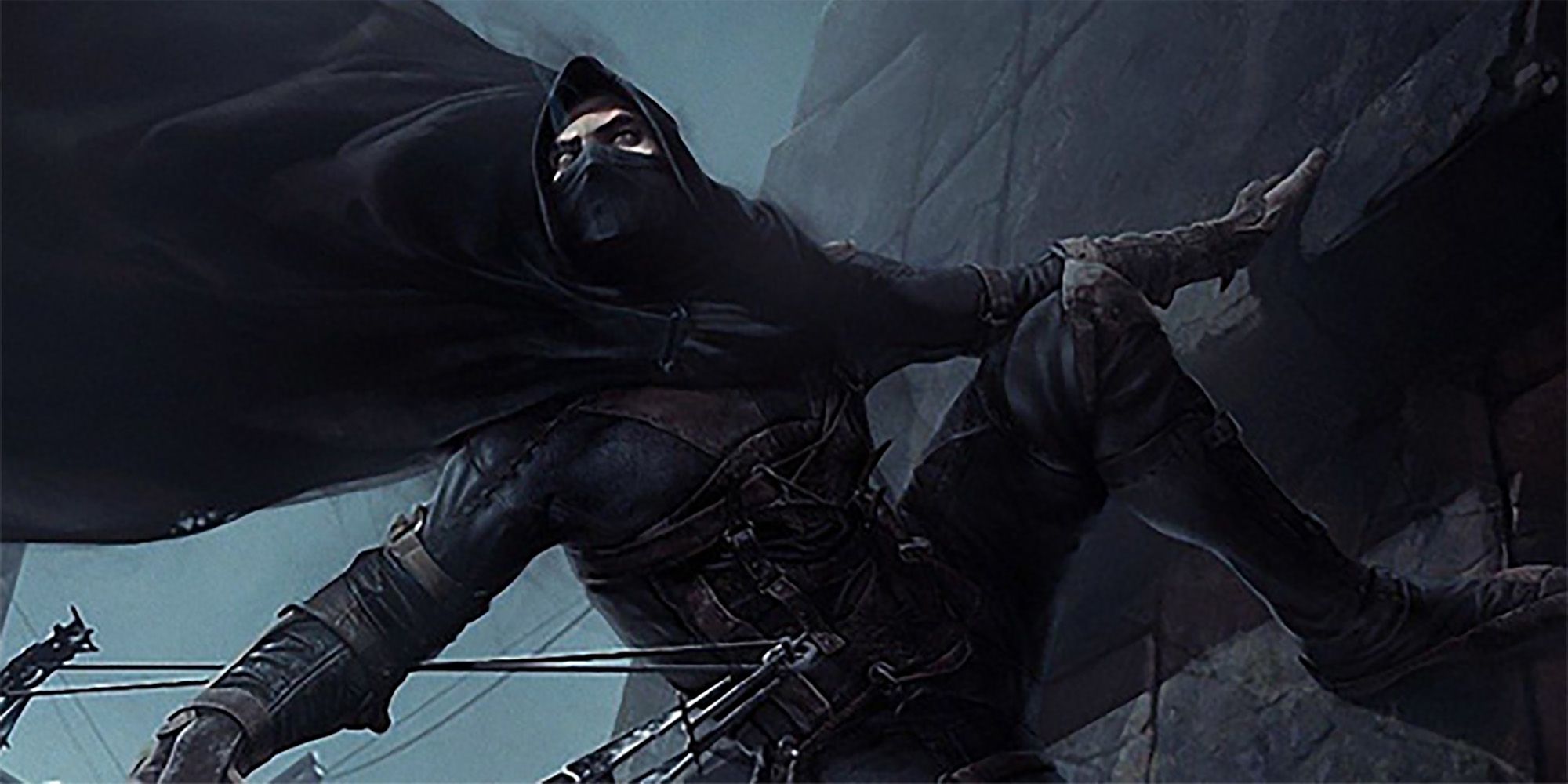
Because Rogues tend to stick to the shadows, many earn a rather ghoulish reputation for their ghastly deeds. The Phantom archetype plays skillfully upon this deception, granting a Rogue a mysterious and beneficial connection to death itself. Phantoms immerse themselves in negative energy that grants them the macabre ability to move through the world like ghosts. Their connection to the dead makes them fine confidants for those who practice necromancy. In some instances, Phantoms can even lend their skills to a Goddess like the Raven Queen, hunting down those who seek to cheat death.
This archetype grants Phantoms unique proficiencies, as they draw from the knowledge of spirits connected to them. They can also capture soul trinkets in a number equal to their proficiency bonus. At the Dungeon Master's discretion, those trinkets can take form and grant the Phantom intriguing boons.
In time, and with enough dedication, Phantoms can also learn to phase in and out of the realm of the dead, becoming ghostlike with a flying speed of 10 feet and the ability to move through creatures and objects in their spectral form. This flexibility and uniqueness makes the Phantom archetype the best option for Rogues.
0 Comments